- Home
- slideshows
- miscellaneous
- '28 months of work undone in hours': The City of London reacts to the chaos of Theresa May's crumbling Brexit deal
'28 months of work undone in hours': The City of London reacts to the chaos of Theresa May's crumbling Brexit deal
Dean Turner, economist at UBS' Wealth Management's Chief Investment Office, says the deal will eventually get through parliament in its current form, but that it will be a bumpy road.

Tina Fordham and Christian Schulz from Citi say the UK not leaving the EU is more likely than May's deal getting through.
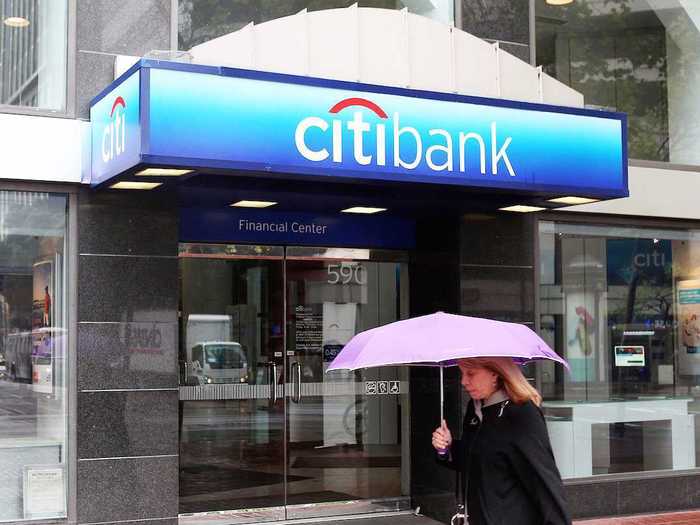
"In terms of outcomes, we see either 'Never Brexit' or a No-Deal Brexit — the two best and worst outcomes for the UK economy and markets — respectively, as considerably more likely than a successful vote on the current deal," the pair wrote to clients on Thursday.
Alasdair Haynes, chairman of Aquis Exchange, a London-based equities trading firm, is concerned that the current situation could see Jeremy Corbyn's Labour Party come to power. Corbyn self-identifies as a democratic socialist and has vowed to crack down on banks.
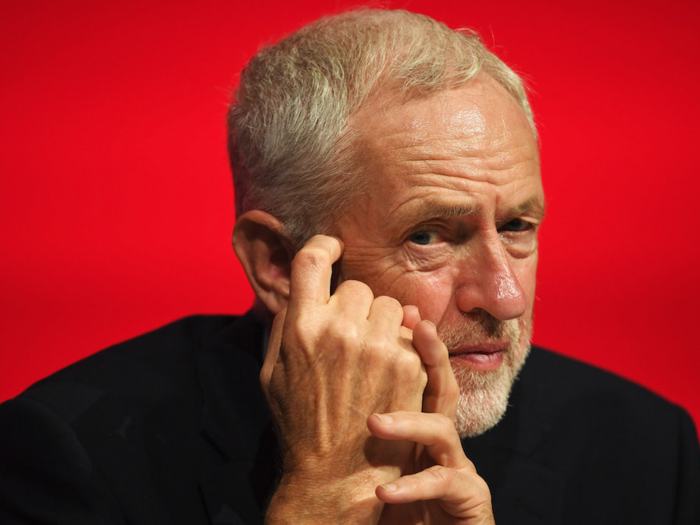
"The absolutely scary thing happening today is that a deal that could get done might not get done, and he could get in," Haynes said.
"If we have a hard Brexit and Corbyn, that’s Armageddon."
"28 months work appears to be unraveling in a matter of hours," says a Bank of America Merrill Lynch team led by James Barty.
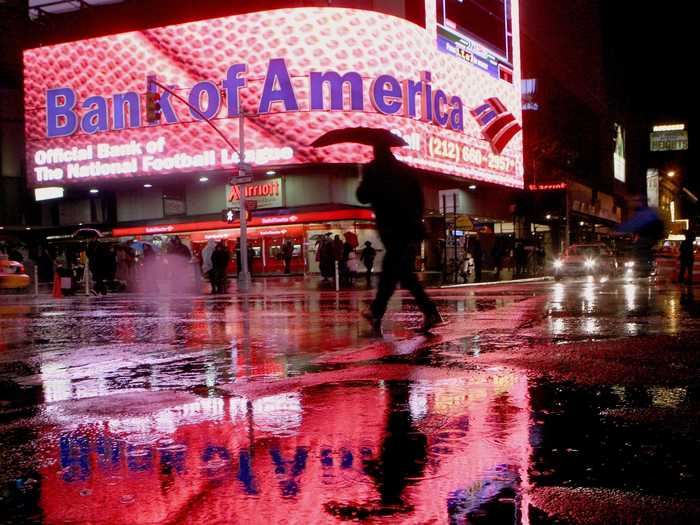
"Only one date in the diary really matters; the meaningful vote on the deal in parliament
currently expected for 10 December. Until that risk event is behind us, we suspect it will
be hard to have much confidence in any one scenario," the team said.
That said, if May can cling on and somehow manage to push the deal through parliament, however unlikely that is, markets could rally sharply, the team argue.
"This would be enough to bring relief to markets as it would eliminate the risk of no deal, with all the risks that would bring. Until then, uncertainty provides downside risks to our below-consensus growth forecasts and suggests heightened risk premia."
The chance of a no deal Brexit is now 50/50, says Capital Economics' Vicky Redwood.
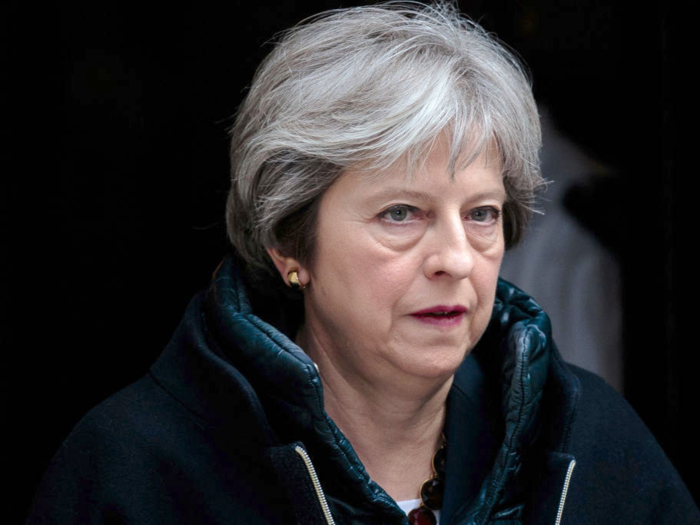
"News that Theresa May could soon face a leadership challenge is the latest twist in the Brexit saga, but even if she survives, the key point is that the chances of her deal being passed by parliament are not looking good," Redwood wrote.
"There is therefore still a good chance (we’d say 50/50) of the UK leaving the EU without a deal, but the impact of this on the economy would depend on how 'orderly' a no deal it was."
"We always warned that, even if the UK and EU managed to negotiate a deal, getting it through parliament was a big hurdle. And with the mooted leadership contest illustrating the strength of opposition to the deal from Conservative Eurosceptic, that hurdle now looks even bigger."
Dr Daniel Harenberg, senior economist with Oxford Economics, says that the only certainty right now is uncertainty, and that this is likely to cause chaos in the markets.
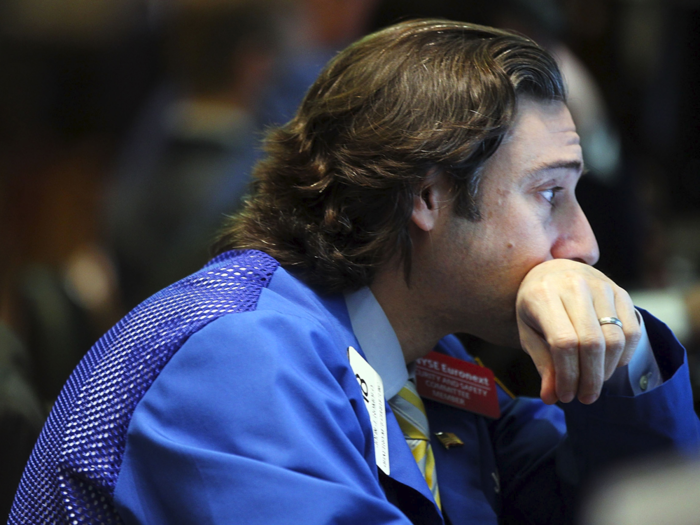
"About the only thing that seems sure now is that the next few months will see considerable political upheaval, triggering bouts of significant market volatility," he wrote to clients.
Laith Khalaf, senior analyst at £94 billion investments firm Hargreaves Lansdown, points out that while the stock market's reaction looks subdued on the surface — the FTSE 100 is down just 0.5% — UK centric stocks are actually taking a pounding.
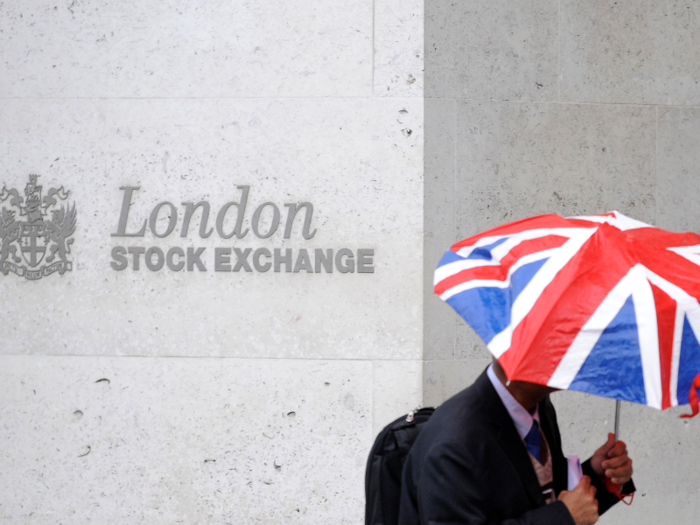
"The market has taken a big red pen to stocks which are heavily exposed to the UK economy like the banks, retailers and housebuilders. These sectors were already under pressure, but the potential for an orderly Brexit to unravel in the next few days is causing further distress to be manifested in share prices," he wrote to clients.
Barclays, for instance, has today hit lows not seen since the day after Britain first voted to leave the EU.
"The pound has fallen, which is acting as a buoyancy aid for the Footsie index, as it boosts the share prices of the big international firms whose revenue streams largely come from overseas," Khalaf added.
Will Hobbs, head of investment strategy at Barclays Smart Investor, says that UK assets are in for a "hair-raising time."
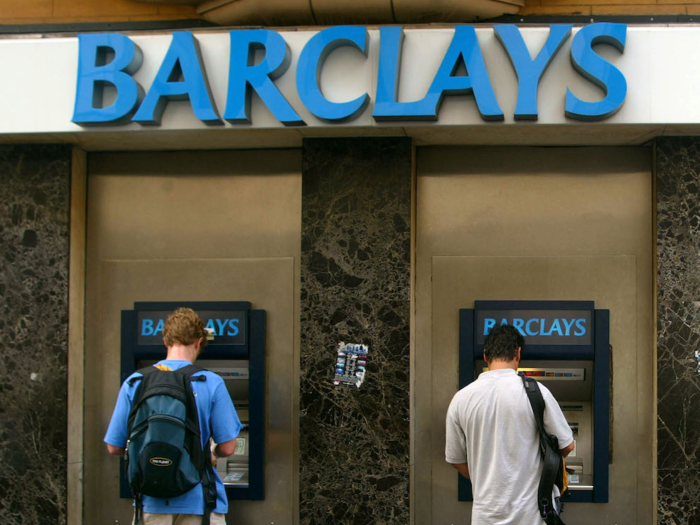
"Our hunch remains that the potentially dark unknowns of a hard Brexit will incentivize compromise of one sort or another," he wrote.
"If such a compromise is not found, we should be prepared for both the UK economy and its related assets to be subjected to a more hair-raising time for a while. Nonetheless, the intrinsic value of the stocks quoted on the UK’s exchanges tends to have little to do with the UK economy."
Stephen Beer, CIO of Epworth Investment Management, thinks the penny has finally dropped on Brexit for many people.

"The truth is no one can accurately predict how this will play over the next few days and weeks. However, in some important respects, nothing has changed since the referendum," he said.
"It remains the case that Brexit is likely to be economically worse for the UK than remaining in the European Union. What we have now is more people realising that."
Popular Right Now
Popular Keywords
Advertisement